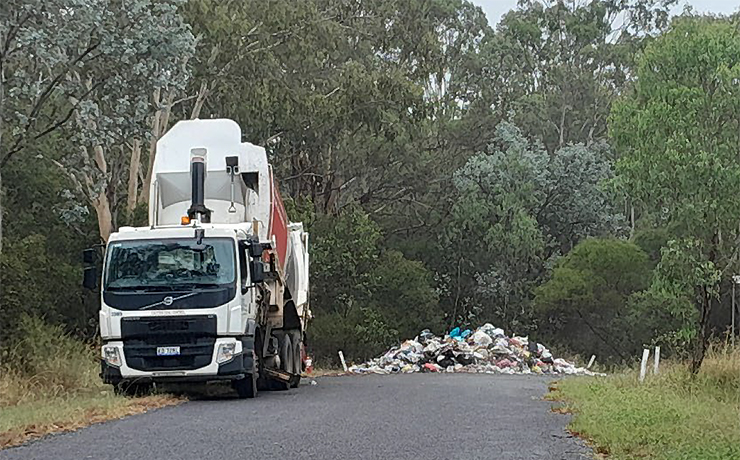
May 22, 2018
The Australian Competition and Consumer Commission (ACCC) has warned consumers to be alert after more than $340 million was reported lost to scams in Australia last year.
In 2017, the ACCC, the Australian Cybercrime Online Reporting Network (ACORN) and other government organisations received over 200,000 scam reports.
Reported losses exceeded $340 million, an increase of $40 million over 2016.
Last year, the biggest area of activity was investment scams.
Investment scam losses reported to ACORN and the ACCC exceeded $64 million in 2017, a 33 per cent increase over 2016.
Dating and romance scams followed, costing Australians more than $42 million last year, the same as in 2016.
However, the ACCC said the most commonly reported scams in 2017 were phishing, identity theft and false billing scams.
Reports indicated all these scam types had increased.
Launching Scam Awareness Week on Monday, Attorney General Yvette D’Ath said the ACCC’s Scamwatch website also received almost 33,000 reports of threat-based impersonation scams in 2017, and warned consumers to be particularly alert for these.
$4.7 million was reported lost to this scam type and more than 2800 people gave their personal information to scammers.
“When scammers impersonate government officials they may say you owe a tax debt or there are problems with your government benefits, immigration forms or visa status and that you must pay the debt or other fees to avoid being arrested or deported,” Mrs D’Ath said.
“These threatening tactics can be frightening, and they will often make you feel as though you’ve done something wrong and that you must urgently provide money or information to ‘fix’ the issue.
“The Office of Fair Trading has also received reports of scammers pretending to be from well-known organisations such as Telstra, threatening to cancel services or charge a penalty fee if consumers don’t do what they ask.
“Anyone receiving this type of call or email should always stop and independently confirm whether it is a legitimate request before handing over money or information.
“Government agencies and reputable businesses will never make such threats.”
If anyone receives an unexpected and threatening call or email, they should follow these tips:
- Always ask yourself whether the person or business that’s contacted you out of the blue is who they say they are
- Verify the identity of the contact through an independent source, such as a phone book or online search, then get in touch with them to ask if they contacted you, and never use the contact details provided by the caller or in the message or email
- Never send money, give your banking or credit card details or other personal information to anyone you don’t know or trust
- Know that a government agency or legitimate business will never ask you to pay them with gift or store cards, iTunes cards, wire transfers or bitcoin
- Don’t open suspicious texts, pop-up windows or emails and don’t click on links or open attachments – just delete them
- Never click on links in emails and never give anyone remote access to your computer if they’ve contacted you out of the blue, whether through a phone call, pop up window or email – even if they claim to be from a well-known company like Telstra
- If you’re still unsure, speak to a family member or friend about what’s happened
More information about scams, where to get help or to report a scam, can be found on the Scamwatch website or by calling 13-74-68.
























